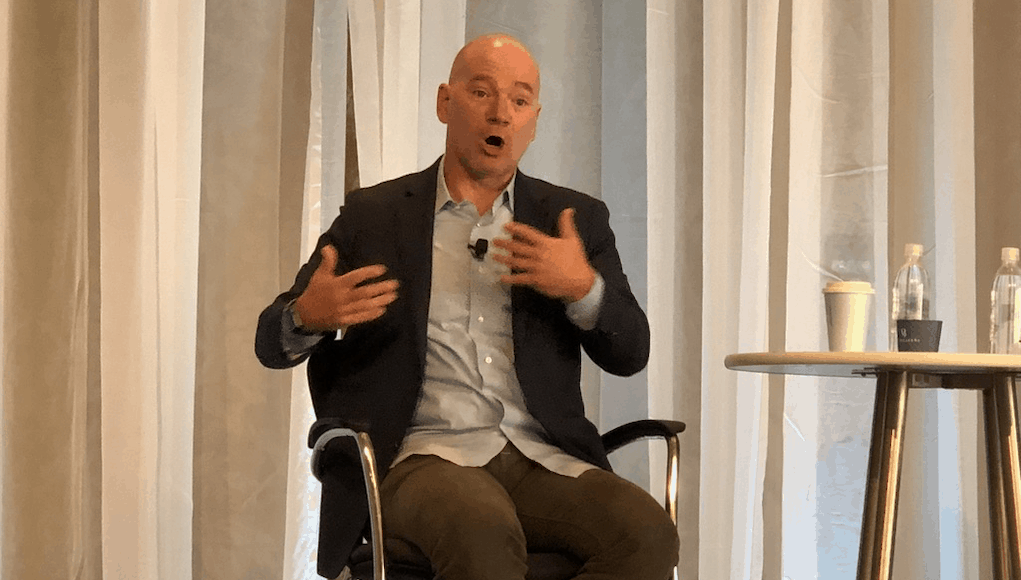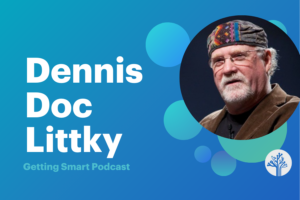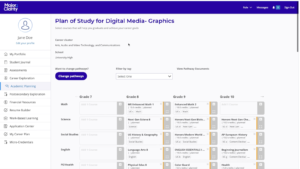Education When Careers Are More Like Rock Climbing Than Ladders

Finding problems worth working on, thinking clearly with quantitative reasoning, and using social skills to contribute as part of a team—these are the new skills of The Second Machine Age.
Co-author of the bestseller, Andrew McAfee, recently told a group of foundations that careers are looking more like rock climbing than ladder climbing in an economy where moving up a predictable and linear career ladder is becoming rare.
If ideation, large frame pattern recognition, complex forms of communication, and adaptability are the skills that will most enable young people to succeed in a world of smart machines, what kind of education do we need that builds those skills?
Co-Director of the MIT Initiative on the Digital Economy (IDE), McAfee is a product of Montessori and appreciates the “instinct to poke at the world.” He suggests extended challenges rather than rote memorization are key to success.
Good News, Bad News
In a Future of Work report, IDE summarized the good and bad news associated with this new age.
First the good news:
- Artificial intelligence and machine learning are fueling tremendous innovation
- Humans still outperform machines at many tasks and occupations
- Blockchain and cryptocurrencies have broad financial applications
- Human empathy and wisdom can’t yet be replicated by machines
- Inclusive innovations are bridging the digital divide
Here’s the downside:
- Large sections of the workforce are experiencing anxiety; wages and productivity are lagging
- Crypto-frontiers are fertile ground for bad actors
- Human and machine learning biases are rampant
- False news is spreading online farther and faster than the truth
- Society is becoming insolated and addicted to mobile devices
- Education, organizational adaption, and policy are lagging behind technology advances
McAfee said our national conversation is not productive and neither is the “politics of nostalgia.”
An enthusiastic capitalist, McAfee lamented, “American business dynamism is declining, and this is really worrying.”
He’s dismissive of the potential misuses of AI. (Groups like the Future of Life Institute see things very differently.) And he told the wealthy donors not to worry about job dislocation and sees no need for income protections. (Elon Musk, on the other hand, sees massive dislocation headed our way.)
His center was created to address the dichotomy of organizations not keeping pace with exponential technology change. “IDE is creating a solution space and a “can do” approach to address these challenges.”
Directionally right on education, let’s hope McAfee’s center helps to address other issues as they arise.
For more see:
- Let’s Talk About AI Ethics; We’re On a Deadline
- 32 Ways AI is Improving Education
- Coming This Fall to Montour School District: America’s First Public School AI Program
This post was originally published on Forbes.
Stay in-the-know with all things edtech and innovations in learning by signing up to receive our weekly newsletter, Smart Update.








roop solar
nice blog post ,
great job